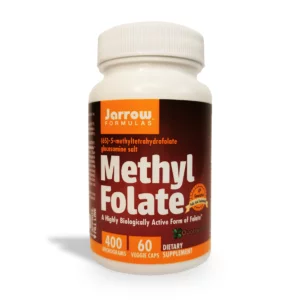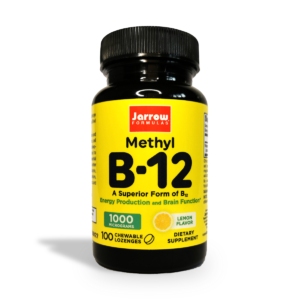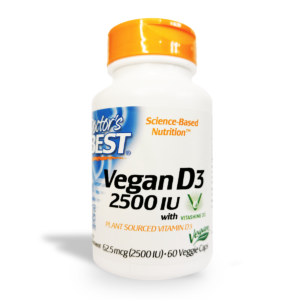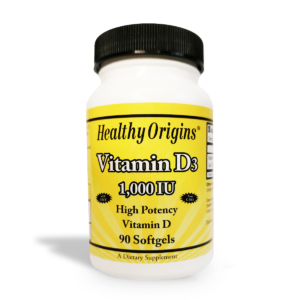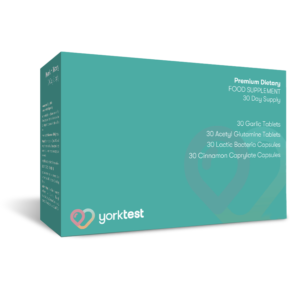Symptoms of Food Intolerance and Allergy
What are the most common symptoms of a food intolerance and food allergy?
The symptoms associated with food intolerance can vary in severity and are thought to affect many areas including, digestion, skin, energy levels, respiration, the joints and even psychological health.
We have performed over 500,000 intolerance and allergy tests, and have extensive experience in working with the symptoms of food intolerance, otherwise known as food sensitivities. In our experience, the most common food intolerance symptoms range from eczema, IBS symptoms and bloating to joint pain, asthma, tiredness and anxiety. From our surveys based on thousands of responses we have compiled a list of the 8 most common food intolerance symptoms. Simply click on the symptom types below to learn more.
IBS
Are you experiencing stomach pain, abdominal discomfort, excess flatulence or bowel dysfunction? One of the most common symptoms of food intolerance is IBS. IBS is characterised by a range of common symptoms involving the gastrointestinal system, particularly the large intestine of the digestive tract. Despite being a common disorder, IBS is still not well understood. Diagnosing IBS is generalised when individuals experience persistent discomfort, inconvenience, and pain that cannot be explained by any underlying disease or condition. IBS symptoms can be triggered by certain foods, which may irritate the digestive system and could be a sign of a food intolerance.
Tiredness and Fatigue
Fatigue can also indicate a potential food intolerance. Experiencing drowsiness, headaches, dizziness, or other symptoms after consuming specific foods might suggest a food-related issue worth investigating. Signs of tiredness encompass persistently feeling weary despite having a full night’s sleep, irritability, ongoing physical exhaustion, difficulty concentrating, and prolonged time needed to complete simple tasks. If ongoing tiredness and unexplained lethargy prompt questions like “why am I always tired?” it’s advisable to consult a GP to rule out underlying medical conditions. However, contributing factors may include diet such as food sensitivities, vitamin deficiencies, anaemia, diabetes, sleep apnea, and thyroid problems.
Itchy Skin
Do you suffer from dry and itchy skin or skin rash? Food intolerance can contribute to skin related complaints. Research indicates that approximately 8% of children and 10% of adults in the United States grapple with food allergies, showcasing various sensitivities and intolerances. Among the array of symptoms triggered by these allergies, itching emerges as the most prevalent indicator of an adverse reaction to certain foods. This itching can onset swiftly, within minutes or even hours post-consumption of even minuscule quantities of the specific allergenic food.
The sensation of itchiness often localises, commonly felt within the oral cavity or upon the skin, frequently manifesting in the form of skin rashes such as hives or eczema. Concurrently, individuals might also encounter accompanying swelling as part of their body’s response to these food sensitivities.
Acne Symptoms
Countless sufferers have tested a range of acne treatments to reduce their symptoms, oblivious to the root cause of their condition. Food intolerances may be a contributing factor. Acne is an inflammatory condition. Food sensitivities, where the immune system mistakenly reacts to certain foods, might heighten inflammation, potentially worsening acne. While the link between inflammation, food sensitivities, and acne is noted, specific roles in acne development lack direct study. An elimination diet, overseen by a dietitian, helps pinpoint food triggers. By restricting foods temporarily and reintroducing them while tracking symptoms, it’s possible to identify sensitivities. Further research on the interplay between food, the immune system, and acne promises insights into its development.
Eczema
Another common sign of food intolerance is eczema. Many individuals with eczema also have food allergies or sensitivities, emphasising the importance of understanding personal dietary needs to mitigate allergy and eczema-related issues. Identifying and avoiding known allergens can help alleviate symptoms, although no universal diet suits all for managing eczema. Eczema treatments range from moisturiser creams to UV light therapy, but these do not tackle the root cause of the condition. Individuals report that changing their diet can help reduce their eczema symptoms.
Eczema triggers extend beyond dietary factors to include stress, topical products, and environmental influences, complicating the identification of outbreaks’ causes. While certain foods won’t directly cause eczema, they might trigger flare-ups in those already affected. Some diets, like anti-inflammatory or Mediterranean plans, offer potential benefits for eczema management.
Bloating
Do you suffer from a bloated stomach? Bloating after eating could be a sign of a food intolerance and avoiding your own personal trigger foods could help to alleviate the problem. Bloating is often caused by an excessive build-up of intestinal gas which can be uncomfortable and embarrassing. Bacteria in the digestive tract generates this gas from food which has not been properly digested or absorbed. It can also be a sign of a food intolerance.
Joint Pain
Joint pain is another common regular sign of a food intolerance. Those experiencing arthritis symptoms and general joint pain should consider the impact their diet is having on their condition. It is estimated that more than 9 million people in the UK suffer from arthritis and related conditions, experiencing frequent stiffness, pain, swelling, fatigue, and reduced mobility. Inflammation occurs as the body’s immune system targets affected joints, leading to pain, and swelling which can be debilitating. It may be a food intolerance, which is contributing to these problems.
Respiratory Problems
Do you experience asthma like symptoms, sinusitis, or rhinitis? If you experience persistent rhinitis or sinusitis, it may be a good opportunity to take a closer look at your diet. In one UK survey, over two thirds of asthma sufferers thought that various foods exacerbated their symptoms. Aside from common environmental allergens such as dust, pet hair and pollens, food and drink ingredients can often contribute to the presence and persistence of respiratory problems. Food intolerance has been associated with respiratory problems and sufferers may benefit from making dietary changes.
What Causes A Food Intolerance And How Is It Different From A Food Allergy?
Food intolerance symptoms are varied and can be very disruptive to a person’s life. They may occur when you experience a food-specific IgG reaction, which has been described as an ‘intolerance’ to a particular food or drink. The body can produce a range of inflammatory responses if it incorrectly identifies the ingredient as a threat.
The effects of a food intolerance are very different to an allergic reaction, which is an immediate reaction experienced by those suffering with food allergies. Unlike allergic reactions, the immune responses associated with a food intolerance are thought to be delayed for up to 72 hours.
What are the most common symptoms of a food allergy?
There are 14 major food allergens that cause allergic reactions to varying degrees, with peanuts, shellfish, eggs, milk, dairy, and wheat being the prominent culprits. Additionally, environmental allergens like cat and dog dander, rye, and dust mites can also trigger severe reactions.
In individuals severely allergic to any of these allergens, encountering them can lead to significant swelling. When this swelling affects the throat and lungs, it can cause critical breathing difficulties. Immediate medical attention is crucial in such cases, and emergency services should be contacted promptly upon detecting these symptoms after allergen exposure.
While severe cases demand urgent attention, not all allergic reactions escalate to this severity. Some individuals with milder allergies may still experience highly uncomfortable symptoms, although they may not pose an immediate life-threatening risk.
- Skin reactions: Itching, hives (red, raised welts), eczema, or swelling (particularly of the face, lips, tongue, or throat).
- Respiratory problems: Shortness of breath, wheezing, coughing, or a runny or stuffy nose.
- Gastrointestinal symptoms: Nausea, vomiting, stomach pain, diarrhoea, or abdominal cramps.
- Cardiovascular issues: Drop in blood pressure, light-headedness, or fainting.
- Anaphylaxis: In severe cases, a food allergy can lead to anaphylaxis, which includes a combination of symptoms like difficulty breathing, a sudden drop in blood pressure, loss of consciousness, and a rapid or weak pulse. Anaphylaxis requires immediate emergency medical attention.
It’s important to note that symptoms can vary widely among individuals, and not everyone will experience the same reactions. Additionally, some symptoms may appear shortly after consuming the allergen, while others might take hours to manifest. If you suspect a food allergy, seeking guidance from a healthcare professional is crucial for proper diagnosis and management.
Why Get Tested For Food Intolerance?
Understanding your own personal food and drink intolerances, and the effects they could have on your health and wellbeing, is important to ensure you make the best possible choices for your diet.
Do you experience any of the symptoms above? If so, it may be that food intolerance is the root cause of the problem. Click on a symptom to learn more or follow one of these links for more information on our testing.
Contact the YorkTest team – friendly experts who know a thing or two about food intolerance.
Take a Premium Food Intolerance Test – Take our most comprehensive food and drink intolerance* test to find out whether you have an intolerance to 200 food and drink ingredients
The above information is for medical education purposes. YorkTest do not claim to treat or cure any of the symptoms mentioned on this website.
Request A Callback
One of our customer care representatives would love to help you understand more about our tests and aftercare support or call us on +44(0)1904 410 410
What Our Customers Say
Many of our customers are thrilled by the service that we deliver and are happy to share their stories with us. Read about what some have said about us here.

